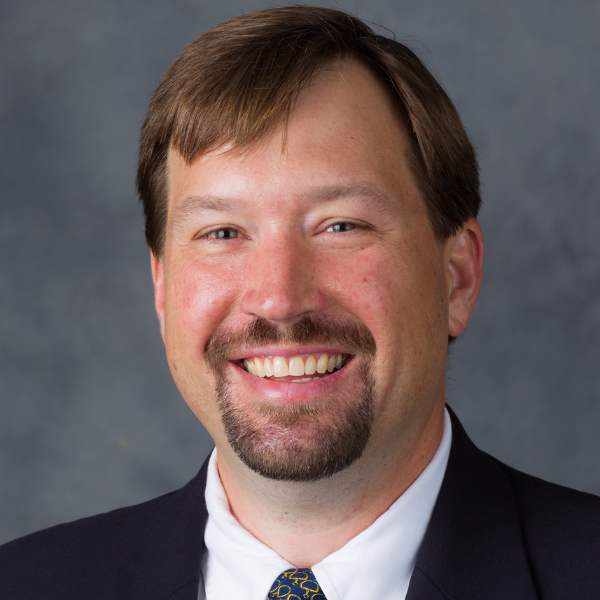Take 5 with Brian Mendenhall
Brian Mendenhall
Associate Director, Office of Personal & Career Development, at Wake Forest University

1. How do you define success for yourself? What has helped you to be successful?
Success for me is positioning myself to be the subject matter expert in a professional role while simultaneously being able to expand my responsibilities and learn about new areas. The things that have helped me the most are continually reflecting and being self-aware, monitoring blind spots and asking for feedback.
2. Think of a time that you faced a challenge, obstacle, or roadblock. How did you get through that and what did you learn?
As a junior in college, I was told I would never make it through a counseling graduate program. I took that to mean I wouldn’t make it through grad school and it took me 5 years to decide that was only one person’s opinion. I sent that person a copy of my law school diploma when I graduated. If you are meant to achieve something you will find a way. It may not be on your timeline or the most direct route, but you will find a way. Be resilient.
3. Who are your people (either by name or role) who help you to be successful/confident/intentional/reflective/any other descriptor you want to use? And how have they helped you?
It took me a while to learn this but, professionally, my people are an odd collection. I have found it particularly valuable to surround myself with people who have similar goals to mine relative to their values and passions, BUT who are primarily not like me.
4. How did you find your people?
Whenever I am in a new environment or role I try seek advice from the people with the most and the least seniority. I also seek perspective from people who are philosophically aligned with me and from those who are philosophically different than me. The new people so I can stay relevant and knowledgeable of the direction of the larger mission. The senior people so I know how to weather the storm and understand the philosophy of the larger mission. Those who think like me so that I can map out where my strengths are best applied, and those who think differently than me so that I can check my perspective and align our perceptions for the greater good.
5. What advice would you give to Wake Forest students as they look for their people?
We spend most of our lives surrounding ourselves with people who are like us because it is easy and comfortable, I presume. I would suggest that comfortable and easy are not always the best and for students to actively seek out, welcome, and learn from diverse perspectives. There is dangerous inherent bias surrounding yourself with your own opinion.
